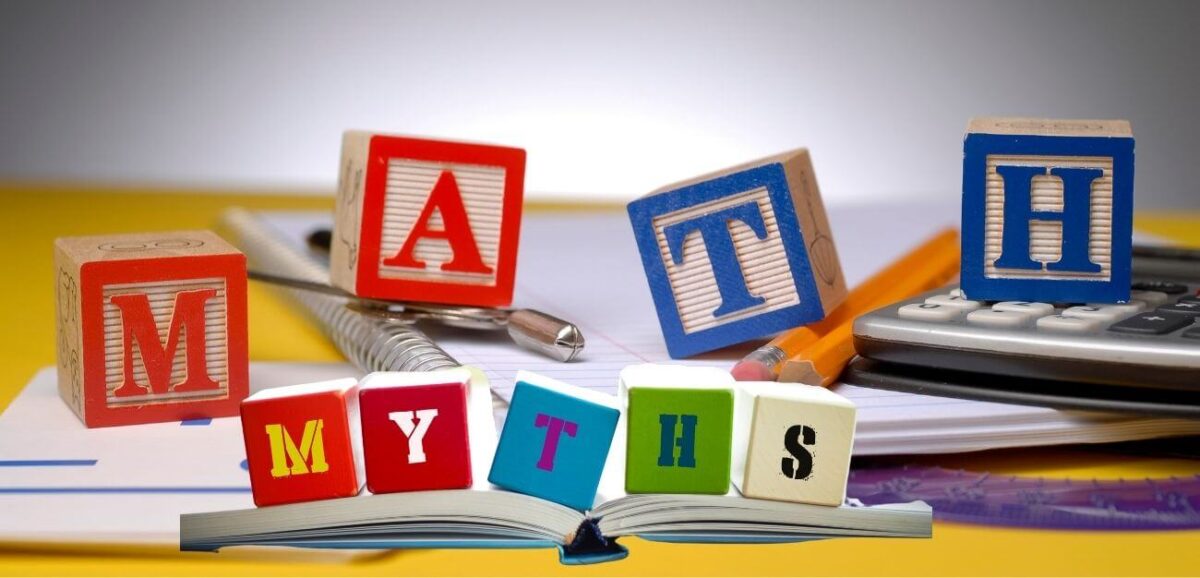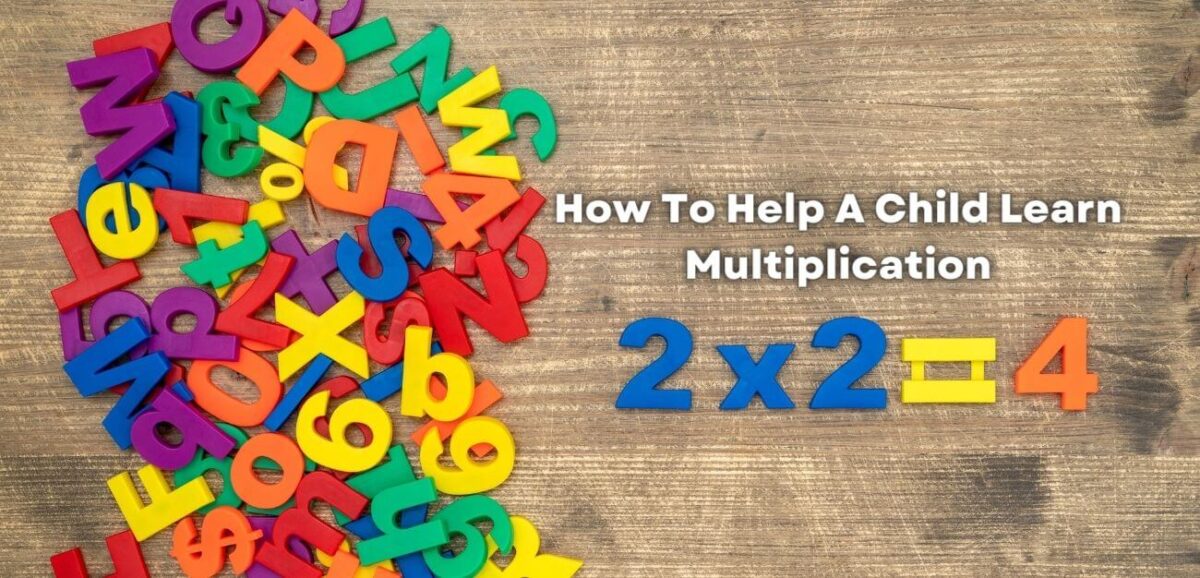Being different is a trait that is often celebrated in today’s society. It allows us to stand out in a positive way and showcase our unique qualities. If we were all the same, life would be quite boring, and there wouldn’t be any room for creativity and innovation. Our differences can open doors to incredible […]
Being Different Is A Good Thing











